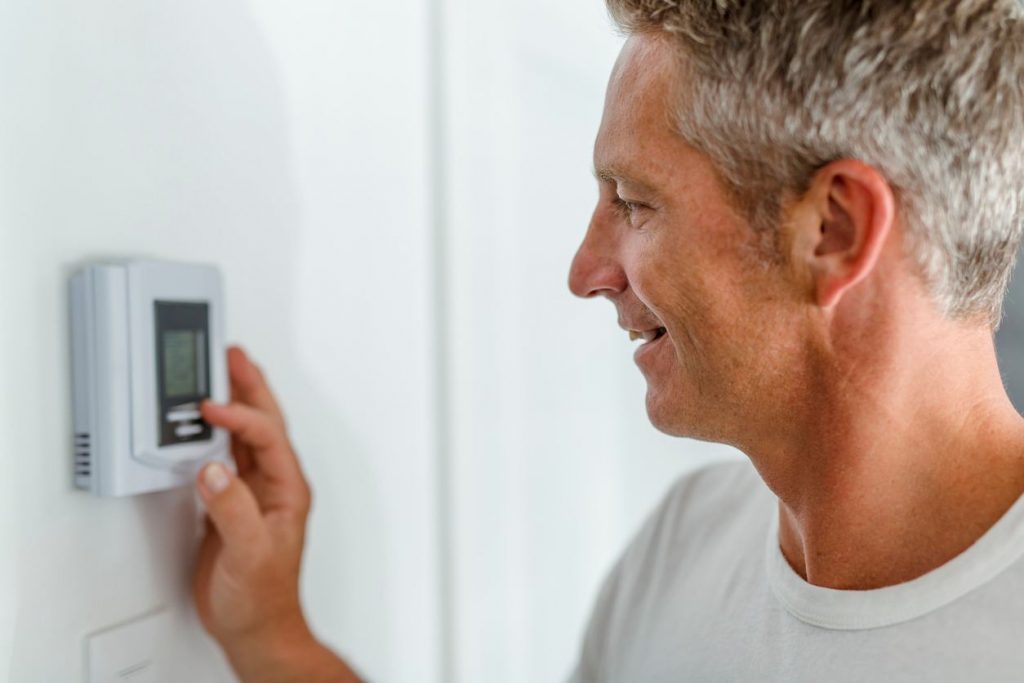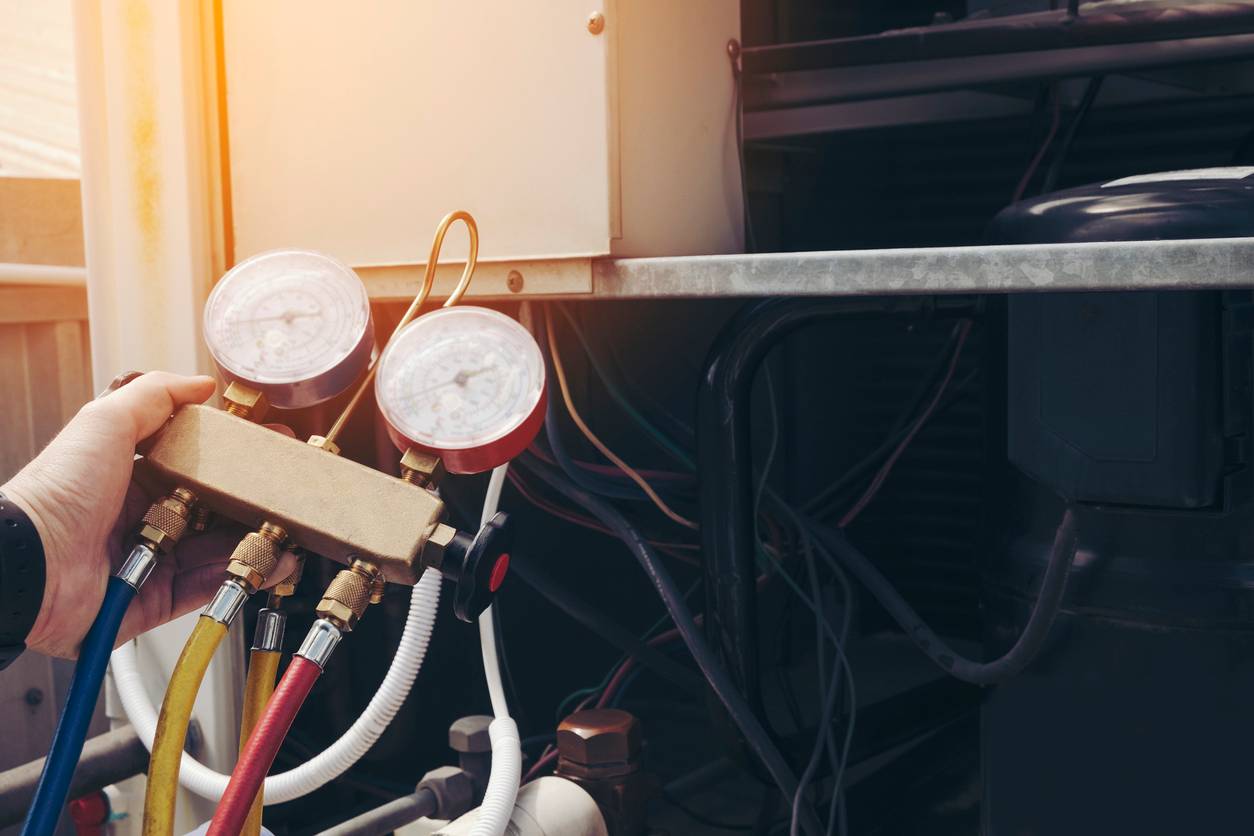Aside from controlling the temperature of the indoor air, it is also important to check the level of relative humidity in your home.
Controlling the temperature of the indoor air seems like an obvious thing to do when you live in a climate that has big weather variations or extreme temperatures. In most places, homeowners find that an air conditioning unit or a heating system are crucial for their comfort, as summer and winter often get harsh.
What a lot of people don’t know is that, besides controlling the temperature of the indoor air, you should also check the level of relative humidity in your home. Relative humidity influences your comfort level significantly as it can make heat insufferable or the cold more uncomfortable. During summer, though, humidity can really make a big difference in how you will feel.
So, what is the optimal level of relative humidity in the indoor air during summer?

The Ideal Indoor Humidity Level
Relative humidity levels in the air represents the percentage of water present in the air, where the total would be water saturation. That means that the air can’t hold it anymore and the water becomes mist, rain, fog, etc. So, when you measure the air humidity in your home, you will get a percentage.
Too Humid or too Dry?
The air humidity will directly influence how the temperature in your home feels, and how comfortable you are. However, there’s more to it than just that. It can also have a significant impact on your health and affect your house’s structure.
Too much humidity will lead to the formation of mold and make the heat feel sticky and insufferable. Moreover, it can damage your HVAC system and your house, infiltrating in the walls and floors.
Too little humidity, on the other hand, can also have negative effects on your health. It can aggravate allergy and cold symptoms, make your cough worse, trigger skin rashes and eczema, and so on. It will also be bad for your house, drying out the floors and walls, damaging the materials, and making them more susceptible to cracking.
If you want to better understand how to adjust the air humidity as the season change, then you should remember that warm air holds more moisture, while cold air retains less. If you don’t control the air humidity in your home, summers would be too moist while winters will feel excessively dry.
That is why a properly working air conditioning unit is very important for your health and comfort. Modern models can be fitted with air humidifiers or dehumidifiers, allowing you to adjust the air humidity precisely to your level of comfort.
Optimal Air Humidity Levels
According to the American Society of Heating, Refrigeration and Air Conditioning Engineers (ASHRAE), the optimal levels of humidity range between 45 and 55%. This interval is ideal for your health, your home’s well-being and your level of comfort.
During the summer, when the air tends to hold in more moisture, you can keep the indoor humidity levels to 30-55%. Make sure your air conditioning unit works properly, interrupt the use of indoor humidifiers, and always have a professional perform regular maintenance and check your ventilation system.

St. Louis HVAC Systems
Engineered Solutions Heating & Air Conditioning has more than 30 years of HVAC engineering and installation experience. We continue to provide the St. Louis Metro area with the highest quality HVAC services. We will repair, maintain and install your HVAC home or business system.
Call Engineered Solutions today at (314) 394-0802 today to request a free estimate.
